Jumbo Negro Wild Altum Angel Fish
$120.00
This regal Rio Negro wild altum angel fish is an elegant rarity, boasting a beautiful iridescent body that glitters as light reflects and refracts off of its surface. The shimmering fish is palm-sized in width with long, wing-like fins that extend to about twelve inches in height. Though fairly large in size and height, the wild altum angel fish is relatively thin in terms of girth. At the tip of its head sits its small, triangular mouth and pearly eyes with a calm gaze. Opalescent black and gray striations are painted across its body.
It takes a keen, dedicated eye and a value for beauty to appreciate this fish. There is a very artful quality to this fish, as if nature took its time devising a distinct color palette to mark upon this fish with intentional brushstrokes. If you look closely, you can see subtle notes of red and yellow gracing the fish’s fins. Its small, fan-like back fin fluctuates in color as it spreads out. Notice the delicate variations of silver, copper, bronze, and gold tones to its scales. Imagine the gorgeous sight of this fish gliding effortlessly through clear waters, a landscape of metallic hues shifting in tone as light illuminates its body as it moves. Every angle we observe the angel fish from gifts us something new to see and appreciate. What an eye-pleasing delight!
- Reviews (2)
2 reviews for Jumbo Negro Wild Altum Angel Fish
Add a review
You must be logged in to post a review.

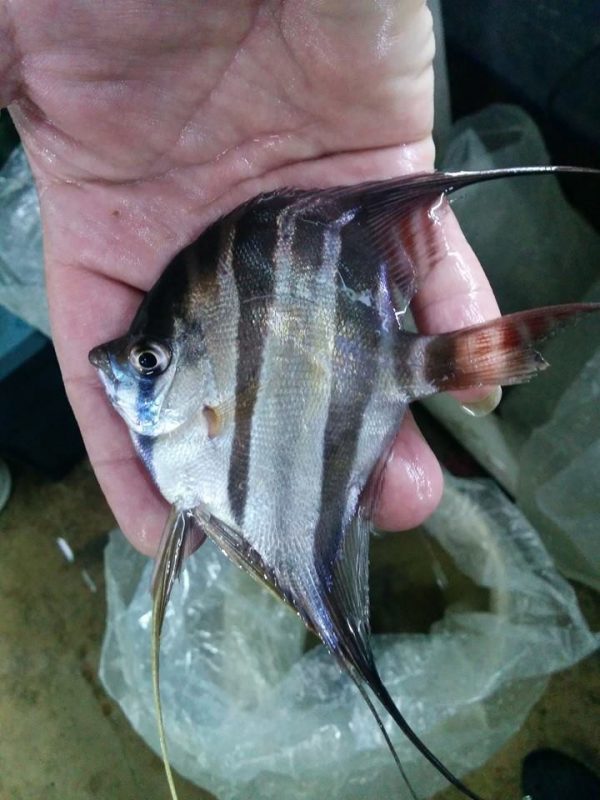
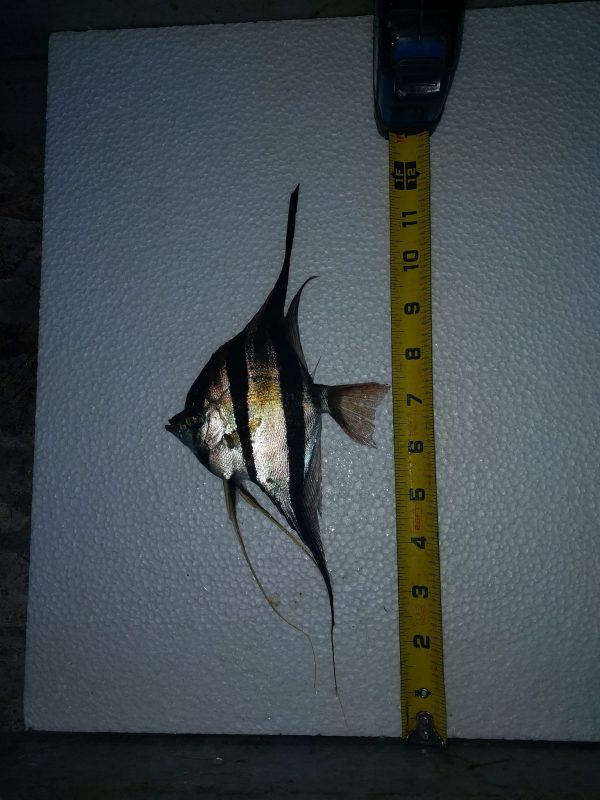
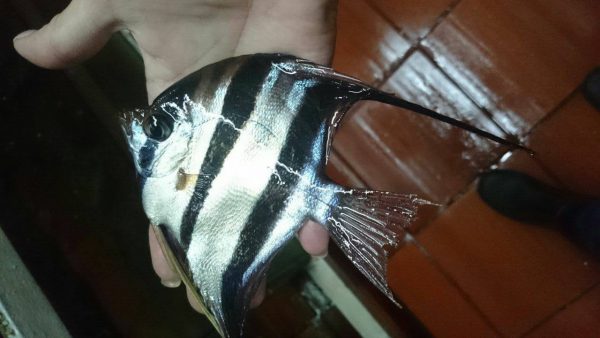
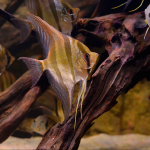
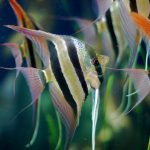
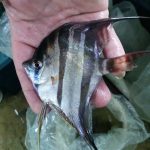
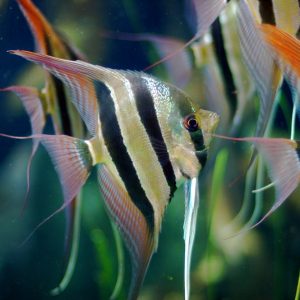
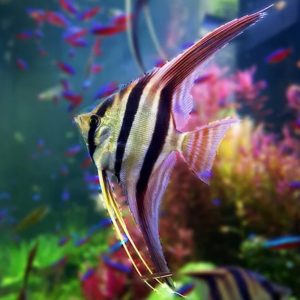
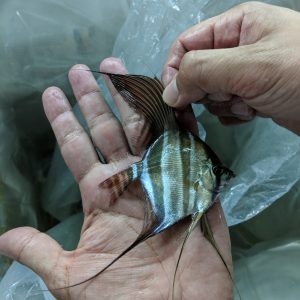
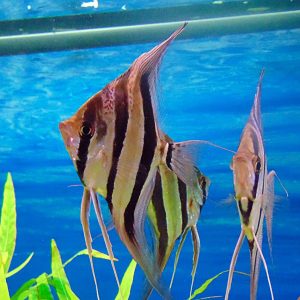
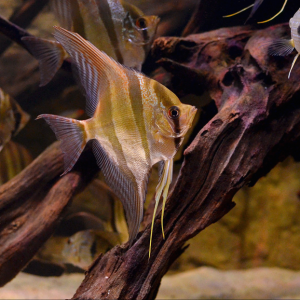
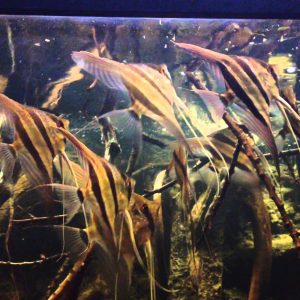
Hey I don't know if someone messed up the order, but my altum is way too small. It's definitely not "jumbo size" as specified and my "fat AAA" cardinals are guppies. I expected excellent quality from you guys since my last order came in fine but now I am not happy with this purchase and I'm just really disappointed. Like c'mon guys I paid $200 and you're going to send me the shorter end of the stick!? From Michael: All of these wild-caught fish are seasonal, and we are at the mercy of what the fishermen pull out of the river at various times of the year. With COVID, shipping delays, and increased shipping costs, things have only gotten much worse.